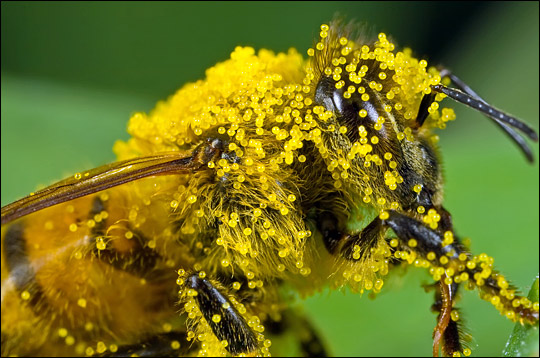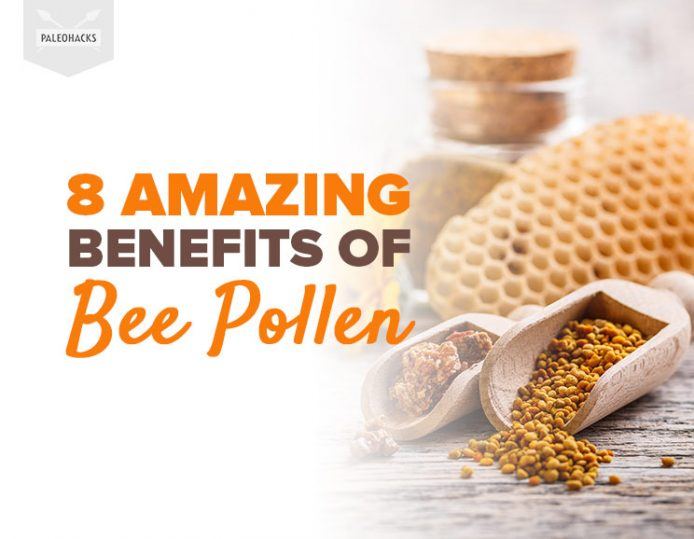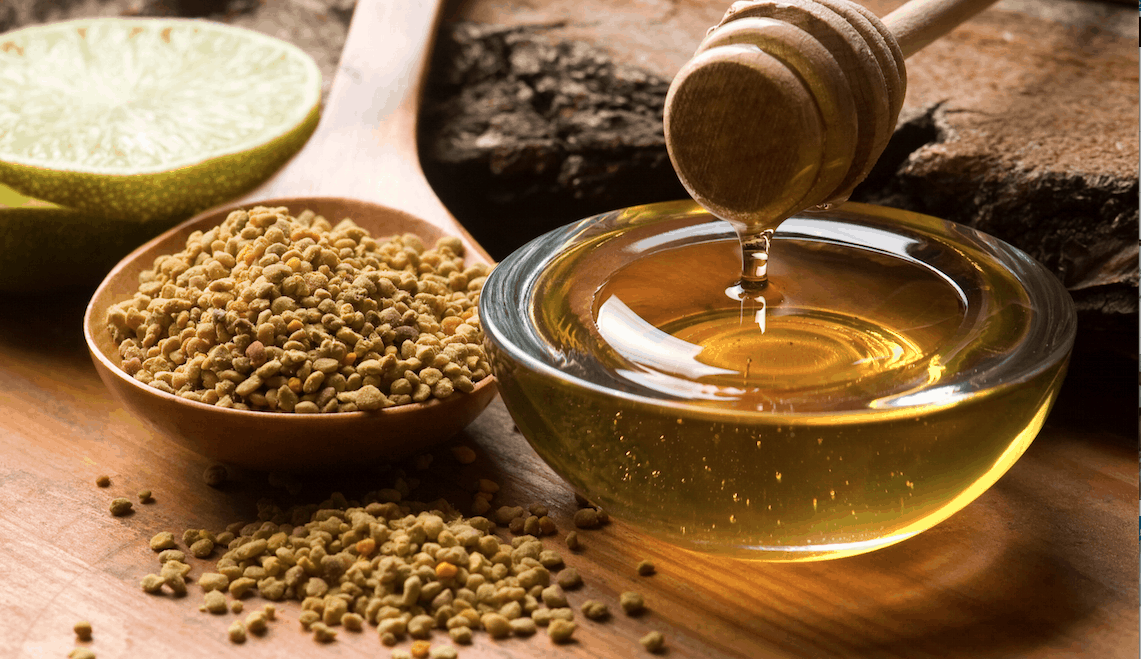
#Bee pollen benefits myth plus#
But bee pollen is not a miracle cure and research is still ongoing, plus the current research supporting its benefits is limited mostly to animal studies. The bottom line: Bee pollen is likely safe for most individuals to consume in small quantities and in moderation, with the exception of the at-risk populations listed above. You can gradually increase this to up to 1 tablespoon per day. If you do start using bee pollen, do so in moderation and start with 1/4 teaspoon at a time. The flavor of bee pollen does depend on the type of flower the pollen came from, but it generally has a floral and slightly bitter, but sweet flavor. You can even use it as a garnish on homemade dark chocolate bark or in homemade granola. You can try bee pollen as a garnish on oatmeal, yogurt, chia pudding, acai or smoothie bowls.
#Bee pollen benefits myth how to#

This interaction can increase the risk of bleeding, so it's best to speak with your doctor before taking bee pollen if you're on Coumadin or any other blood thinners.


Bee pollen may certainly help ameliorate PMS symptoms, but the effects of bee pollen alone on PMS-related symptoms require more research at this time. The findings suggested a reduction in symptoms of PMS including irritability and weight gain. Ease premenstrual syndrome (PMS): Early research looked at PMS symptoms and a specific combination product containing royal jelly, pistil extract, and bee pollen.According to a review article published in Evidence-Based Complementary and Alternative Medicine, bee pollen works by inhibiting the activity of enzymes responsible for the development of inflammatory processes. Decreased inflammation: Since bee pollen is composed of several vitamins, minerals, and antioxidants, it is thought to have significant anti-inflammatory properties.It is also composed of lipids, protein, simple sugars, vitamin C, carotenoids, phytochemicals, and flavonoids including quercetin and asrutin. In terms of nutrition profile, literature on bee pollen suggests that up to 50% of bee pollen can be made of polysaccharides (a.k.a complex carbohydrates). Bee pollen is different from bee venom or honey, but is still a form of apitherapy, which is a type of alternative therapy highlighting products that come directly from honeybees. Since pollen can come from various plants, the composition of bee pollen may vary based on the plant source and even geographic region.

Play icon The triangle icon that indicates to play


 0 kommentar(er)
0 kommentar(er)
